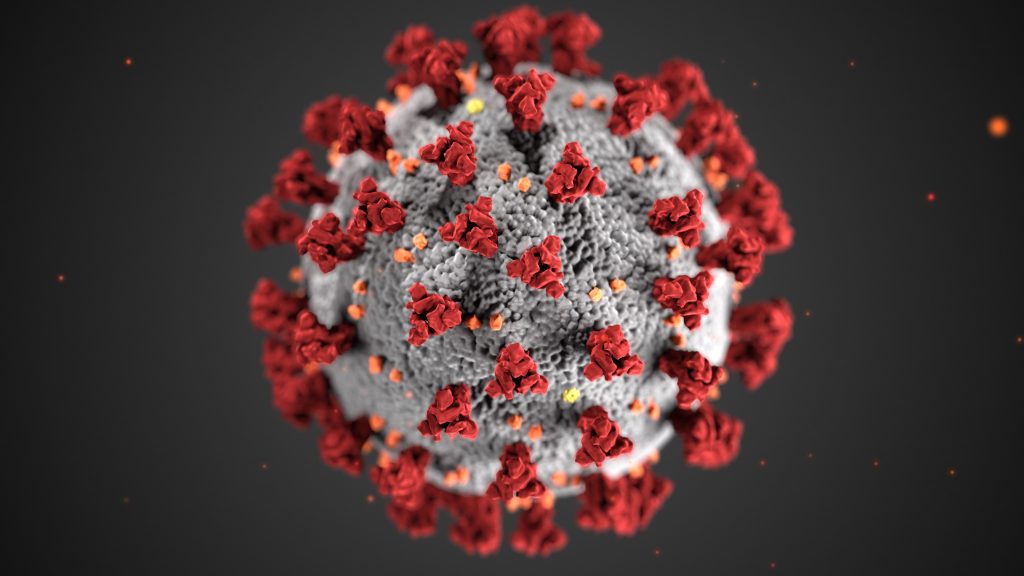
BOSTON – Today, Governor Charlie Baker announced a series of new measures to adapt childcare operations, enhance the Commonwealth’s healthcare system’s capacity, assist small businesses, and support unemployment benefits during the COVID-19 outbreak.
Childcare Operations: Governor Baker issued an Executive Order requiring all early education centers and family childcare providers to close, starting Monday, March 23 to mitigate the spread of COVID-19. The Department of Early Education and Care (EEC) also issued emergency procedures to set forth a process for opening Exempt Emergency Child Care Programs during the COVID-19 outbreak to provide priority access for families of emergency personnel, medical staff, and others critical to confronting COVID-19.
Read the Executive Order here: Early Education and Care Order
Exempt Emergency Child Care Programs: Exempt Emergency Child Care Programs will be the only child care programs able to operate during the COVID-19 outbreak. Families who work to maintain the health, safety, and welfare of all Commonwealth citizens will receive priority access to emergency childcare programs and these centers should only be used by people who must go to work. Vulnerable children will also receive priority access and space will be made for people who must go to work but aren’t necessarily emergency personnel.
- The Department of Early Education and Care put procedures in place to quickly review applications for emergency child care programs, and to conduct expedited background record checks for childcare teachers and staff.
- The Department is working to ensure there is sufficient access to emergency child care programs in each region of the Commonwealth, so those workers who need childcare can still access it.
- A proposed program can be either a currently-licensed child care program, or a new program such as a location within or near a medical facility.
- Providers impacted by these closures will continue to receive child care subsidy payments from the state. This ensures that programs will be able to re-open once the crisis is over. Parents who receive subsidies will not lose their vouchers and will be able to eventually resume care. EEC will cover the cost of parent fees for subsidized families enrolled in care.
- All programs that would like to operate must complete the EEC’s Emergency Licensing and Background Record Check process. Programs that have a current license and educators with confirmed background checks will be expedited for approval.
- Programs must adhere to strict safety and health standards established by the Department of Public Health and Executive Office of Health and Human Services.
Public Health Orders: Department of Public Health Commissioner Monica Bharel has signed three public health orders today which do the following:
- The first Order relaxes administrative requirements so as to allow physician’s assistants who previously worked on elective surgeries to be used elsewhere in the hospital under a different supervising physician.
- The second Order, due to the expected demands on nursing staff, would allow pharmacists to administer certain medication for the treatment of opioid use disorder, where, under normal circumstances, such medication must be administered by a nurse.
- The third Order requires Local Board of Health to disclose the addresses – but no other identifying information – of those diagnosed with COVID-19 to the official in charge of emergency calls in the jurisdiction. That information can only be used for responding to emergency calls and is to be kept confidential.
Extending the Licenses of Certain Licensed Professionals: Governor Baker signed a new emergency order to ensure that licensed professionals do not have their licenses or registrations lapse due to unforeseen problems with renewal during the COVID-19 emergency. Specifically, under this order, occupational or professional licenses of individuals that are in good standing and that would otherwise be up for renewal during the COVID-19 emergency shall be extended for 90 days after the end of the public health emergency. This order does not affect license extensions that have already been granted in earlier emergency orders.
Read the Emergency Order here: Extension of Professional Licensure Order
Small Business Relief: The Baker-Polito Administration today announced administrative tax relief measures for small local businesses which have been impacted by the ongoing COVID-19 outbreak, especially in the restaurant and hospitality sectors. This tax relief includes postponing the collection of regular sales tax, meals tax, and room occupancy taxes that would be due in March, April and May so that they will instead be due on June 20. Additionally, all penalties and interest that would otherwise apply will be waived.
- Businesses that paid less than $150,000 in regular sales plus meals taxes in the year ending February 29, 2020, will be eligible for relief for sales and meals taxes, and business that paid less than $150,000 in room occupancy taxes in the year ending February 29, 2020, will be eligible for relief with respect to room occupancy taxes.
- The Department of Revenue is currently drafting emergency regulations to implement these administrative relief measures, and they are expected to be finalized before Friday, March 20, 2020.
Unemployment Benefits: Governor Baker also today signed S.2599 to provide unemployment assistance to workers impacted by COVID-19. This legislation will allow new claims to be paid more quickly by waiving the one week waiting period for unemployment benefits.
The Administration will continue to update the public on further developments and individuals are encouraged to consult both the Department of Public Health and the US Centers for Disease Control and Prevention websites for the most up to date information.
The latest information and guidance regarding COVID-19 is always available at mass.gov/COVID19.
